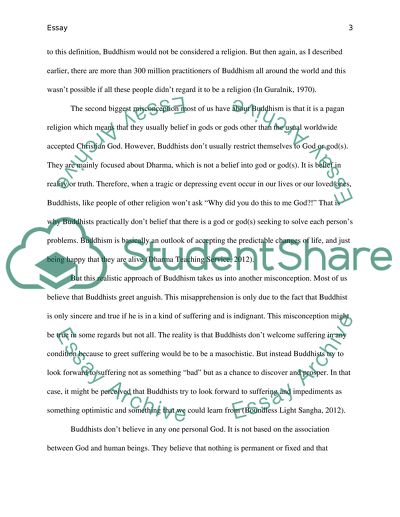Cite this document
(Buddhism as a Philosophy of Enlightenment, Meditation, Morality, and W Essay, n.d.)
Buddhism as a Philosophy of Enlightenment, Meditation, Morality, and W Essay. Retrieved from https://studentshare.org/religion-and-theology/1602112-report-on-religious-field-research
Buddhism as a Philosophy of Enlightenment, Meditation, Morality, and W Essay. Retrieved from https://studentshare.org/religion-and-theology/1602112-report-on-religious-field-research
(Buddhism As a Philosophy of Enlightenment, Meditation, Morality, and W Essay)
Buddhism As a Philosophy of Enlightenment, Meditation, Morality, and W Essay. https://studentshare.org/religion-and-theology/1602112-report-on-religious-field-research.
Buddhism As a Philosophy of Enlightenment, Meditation, Morality, and W Essay. https://studentshare.org/religion-and-theology/1602112-report-on-religious-field-research.
“Buddhism As a Philosophy of Enlightenment, Meditation, Morality, and W Essay”, n.d. https://studentshare.org/religion-and-theology/1602112-report-on-religious-field-research.


